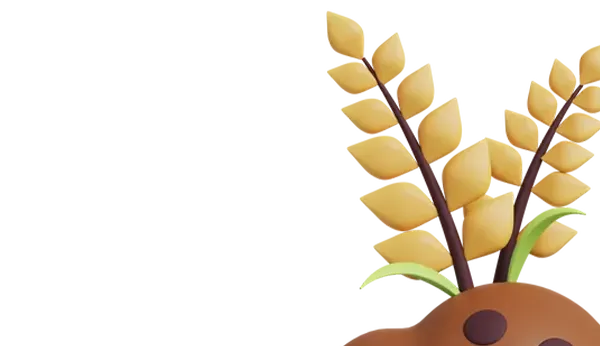In the first half of 2024, sales of domestic agricultural machinery decreased by 10%, amounting to 107.4 billion rubles. This decline is explained by the reduction in purchasing power demand from agricultural producers, as reported by the Interfax news agency citing a statement from the Russian Association of Manufacturers of Specialized Machinery and Equipment (Rosspetsmash).
Analyzing specific categories of products, it can be noted that sales of grain harvesters decreased by 22% to 2368 units, self-propelled fodder combine harvesters by 32% to 107 units, agricultural tractors by 1% to 2121 units, plows by 22% to 788 units, cultivators by 18% to 1231 units, harrows by 10% to 2002 units, seeders by 15% to 1918 units, mowers by 10% to 1456 units.
It is worth noting that agricultural machinery plants in Russia utilize only 40-60% of their production capacity and have the potential for expansion. However, agricultural producers lack financial resources to purchase new equipment, as noted by Rosspetsmash.
Overall, sales of all agricultural machinery in the first half decreased by 15-18%, as reported by the newspaper Kommersant citing the chairman of the Board of the Association of Agricultural Machinery Dealers (Askhod), Alexander Altynov. He also notes that the market contraction accelerated in June. Mr. Altynov adds that the overall sentiment among dealers, especially in the south due to abnormal heat waves, is grim, but in some regions of Siberia, it is more optimistic.
Deputy Head of Rosspetsmash, Denis Maksimkin, notes that all market segments are showing a negative trend in shipments for the first time in recent years. In the past, for example, combine harvesters were still increasing sales due to the low base of 2022-2023, but this effect has been exhausted. Mr. Maksimkin explains that the high Central Bank rate significantly affects the market. For instance, this year, the rate increased from 5% to 10% under the Ministry of Agriculture's preferential programs.
Rosspetsmash deems the funding volume of Program 1432 (subsidies to manufacturers of domestic agricultural machinery for its discounted sale) insufficient at 8 billion rubles for the current year instead of the required 20 billion rubles. It also highlights the low level of funding for the preferential credit program for purchasing agricultural machinery against the backdrop of high Central Bank rates.
Furthermore, agricultural producers' income is decreasing due to falling prices in the domestic market and the introduction of export duties. For example, the association believes that the base price for wheat needs to be increased from 18,000 rubles to 24,000 rubles.















